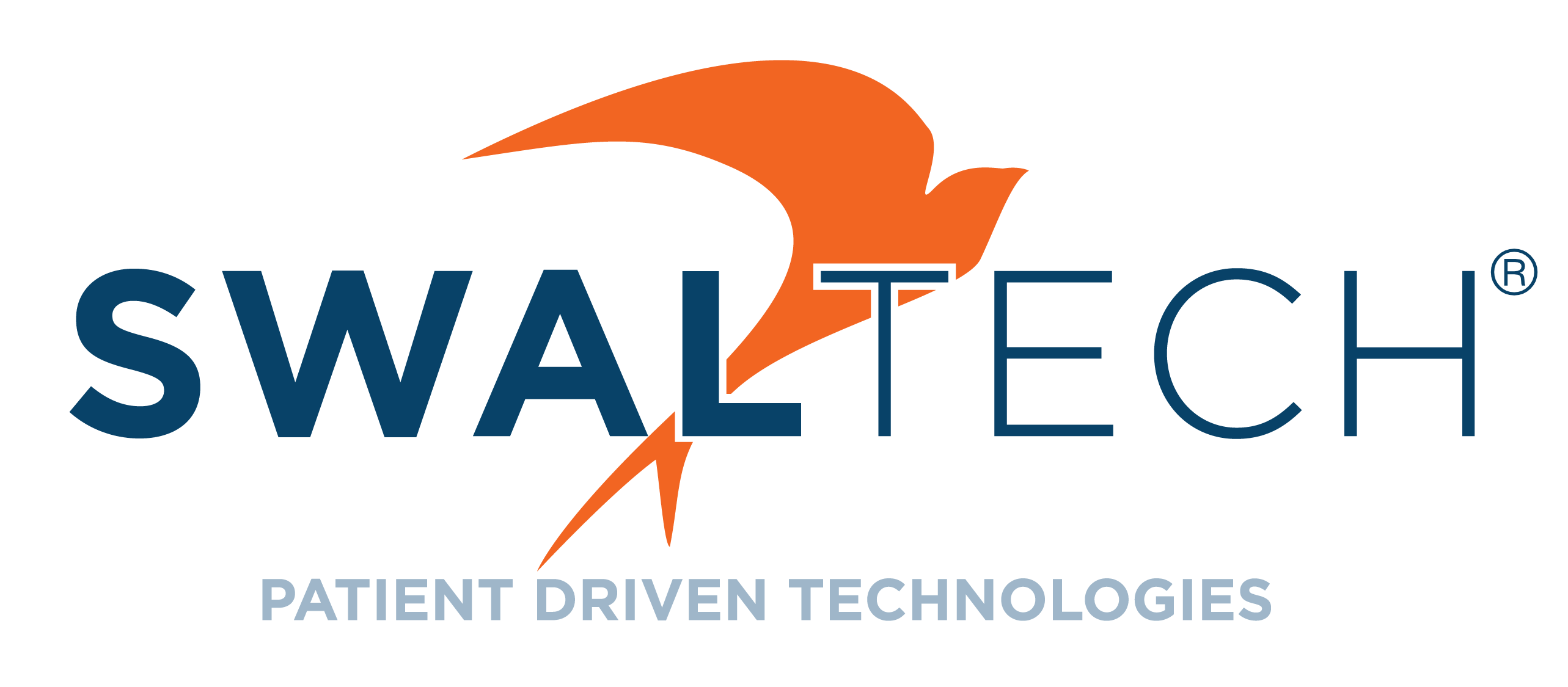Life Changing Innovation
Swallowing Technologies serves as the commercial conduit for transferring health technology developed at the University of Canterbury Rose Centre for Stroke Recovery and Research to clinicians and patients who need it.
Founded in 2021 by Maggie-Lee Huckabee and Steve Wakefield, Swallowing Technologies creates innovative technologies that enable increased and equitable access to rehabilitation, benefitting patients through improved health outcomes, quality of life and community integration, and the community through reduced healthcare costs.
Year Founded
2021
Proudly Based In
NZ
Healthcare Organisations Supported
200+
Company History
Back in 1991, Maggie-Lee was the first to document the use of sEMG in swallowing recovery. Maggie-Lee was also one of the first to specifically evaluate cortical motor planning for swallowing and set the foundation for future research and the ‘swallowing skill training approach’ to rehabilitation.
At the Rose Centre, Maggie-Lee's research programme is heavily focused on the development of innovative technologies to transfer to clinical care. The original Biofeedback in Strength and Skill Training (BiSSkiT) software was developed as a research tool for her research using an off-the-shelf surface electromyography (sEMG) device to detect and display muscle activity with wired sensors under the chin.
In 2016, Maggie-Lee and her team made the software available to clinicians in the EU, Australia and New Zealand markets. This allowed for rapid translation of research to clinical practice and provided direct, hands-on market feedback for future developments. The positive feedback from clinicians and patients led to strong brand recognition for BiSSkiT and the development of the ToMaSSApp.
The Rose Centre for Stroke Recovery and Research
The University of Canterbury Rose Centre for Stroke Recovery is home to the development of BiSSkiT and ToMassApp. The Rose Centre is a state of the art facility at St Georges Medical Centre that helps individuals with swallowing and communication disorders recover function or improve sufficiently to gain the best possible quality of life.
